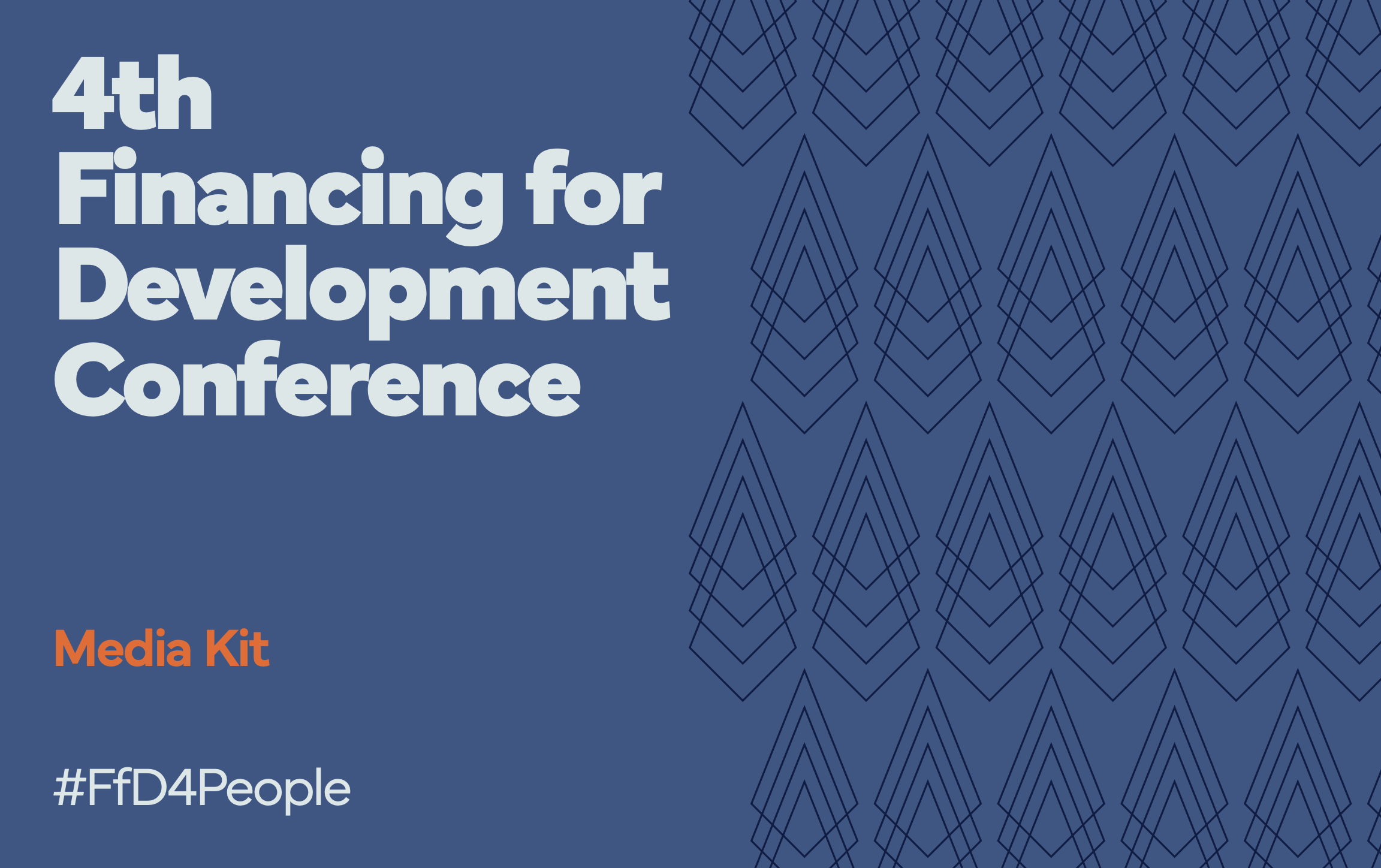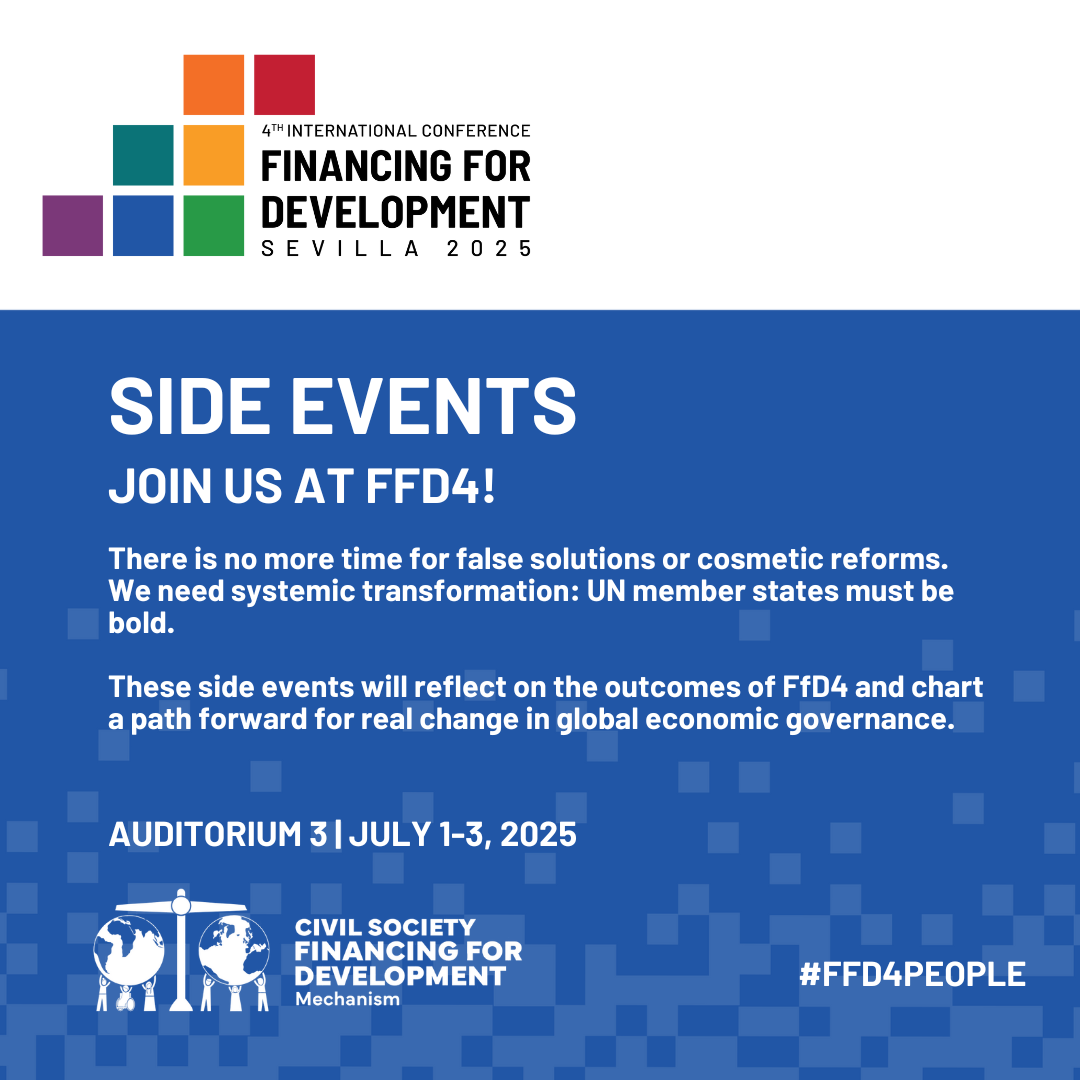
Statement: Dr. Mukhisa Kituyi, Secretary-General of UNCTAD in side-event "Systemic issues and debt in trying times: How can the FFD process help?"
Side-Event at the ECOSOC Forum on Financing for Development follow-up organized by UNCTAD, the Friedrich-Ebert-Stiftung and the Addis Ababa CSO Coordinating Group – ACG and Women’s Working Group on FFD (with Brot für die Welt, Eurodad and Center of Concern acting as facilitating organizations)
United Nations Head Quarters, New York, 19 April 2016
In 2015 we committed to an economic, social and environmental action agenda without historical precedent in its scale and ambition. This year, we embark on the task of implementing this agenda, putting words into action.
But the timing could hardly be more challenging, with growth prospects dimming quickly across the global economy. Global output is set to grow in 2016 at a rate close to 2.4 per cent, which is around the average for the past 6 years. This confirms a significant slowdown compared to the pre-crisis expansion of about 4 per cent a year.
Developed economies will grow, as a group, at about 1.7 per cent, compared to about 1.9 per cent in 2015, and developing countries will continue growing close to 4 per cent, as in 2015. This performance, however, is entirely due to East, South-East and South Asian countries.
Global trade has slowed to a pace weaker than that of already sluggish global output growth. Equally important, since 2010, trade has barely grown one-for-one with economic growth. This is in sharp contrast with the pre-crisis period, when international trade grew twice as fast as that of global output. Almost all major commodity markets remain in the doldrums, and financial markets are suffering recurrent bouts of nervousness.
With the financing requirements for the implementation of Agenda 2030 estimated to range between $1.6 to $3 trillion per year, debt sustainability in many developing countries is a matter of growing concern. In 2015, 22 developing and emerging economies were in debt distress, with a growing number of other developing economies considered at risk or even high risk of external public or private-sector debt crises. For developing countries as a whole, total external debt stocks rose from $3.7 trillion in 2008 to $6.4 trillion in 2014.
So far, owing to continued solid growth performances in most developing countries, debt-to GDP ratios have registered only a moderate upward trend overall. Nevertheless, some of the economies that benefited from the debt relief initiatives of the 1990s and 2000s, such as Ghana and Mozambique, have now reached debt-to-GDP ratios similar to those they struggled with prior to debt relief initiatives being launched. And the darkened growth prospects worldwide risk causing further increases in developing countries' debt-to-GDP ratios
Growing concerns about developing country debt sustainability must be understood not only in terms of declining growth prospects; rather they must be seen also in the context of profound changes to the financial landscape of developing countries' debt strategies. There has been a pronounced shift from official to private creditors and from syndicated bank loans to bond-financing. In most emerging economies, we have seen a sharp increase in external corporate debt since 2008. In lower-income countries we have seen rapid growth of domestic bond markets, with strong participation by large foreign bondholders.
Whilst these changes were initially greeted with considerable enthusiasm, sentiments are now shifting fast. There is growing awareness of the dangers of the hurried integration of developing economies into the under-regulated international financial system; and there is recognition of the high market risks attached to commercial borrowing.
These concerns about developing country debt sustainability highlight wider tensions. There is a strong disconnect between an international community committed to cooperate on the most far-reaching reform agenda ever agreed, and a world economy unable to stimulate growth and productivity without triggering heightened instability.
If we are to achieve the ambitious goals of the Addis Ababa Action Agenda and the 2030 Agenda, we will have to overcome this tension and tilt the balance decisively in favour of international cooperation.
At UNCTAD, we are fully committed to translating the objectives of these twin agendas into practical action. Our next quadrennial conference, UNCTAD XIV will be held in Nairobi in July; it is the first ministerial conference on development following the adoption of the AAAA and the SDGs. Under the overarching theme -- "From Decision to Action" --, adopted by our member states, I have already articulated key action lines to mobilise domestic and external financing in favour of the 2030 agenda.
The need to cooperate globally to implement this agenda explains why addressing systemic issues, which is deeply ingrained in UNCTAD's DNA, and which has been a focus of the FfD process since Monterrery, must remain a chief concern of the Addis Ababa Action Agenda follow-up. We have seen a few encouraging signs in global economic governance, but it is far too little considering the massive challenges we face.
Systemic changes continue to be needed in how we deal with trade, tax, investment, and debt, in particular. I hope that today's side event will shed late on these systemic challenges more closely, specifically with respect to the debt issue.
Related Updates


